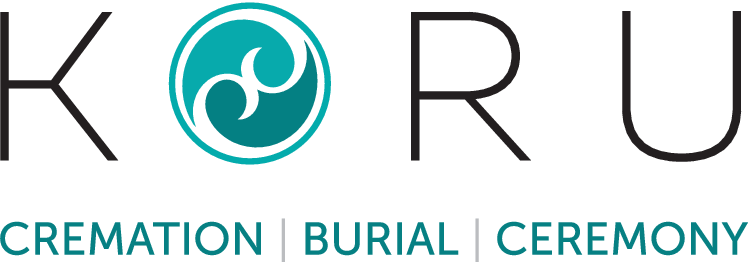Five Tips For Writing A Memorable Eulogy

If you’ve been asked to deliver a eulogy at a loved one’s funeral, memorial or celebration of life, it can be difficult to know where to begin.
Yet, sharing memories and stories of the departed can be a powerful way to work through our complex feelings of loss and grief.
Here are five tips to help you get started, along with some practical prompts to help guide you through any trouble spots.

1. Collect Your Memories And Stories In Advance
Think of this stage as a brainstorming phase.
Before you start writing, take some time to reflect on what memories and stories you’d like to share. Reminisce with family and friends if possible. Make notes, but don’t worry too much about getting it perfect.
Once you’ve gathered your stories, you can review each of them briefly to ensure they’re a good fit for the final message.
Centrepiece Prompts
- Who was this person to you?
- What was important to them?
- What did they enjoy?
2. Create A Deliberate Space To Write
It sounds simple, but scheduling time in your calendar, and ensuring you have what you need to enjoy the writing process will go a long way to ensuring you actually do it.
Approaching your writing as an opportunity to reflect and prepare – rather than as another chore to finish – will make the process much kinder.
For inspiration, it may help you to have a photo of your loved one nearby and/or to light a candle in their memory.
Centrepiece Prompts
- Where and when is it quiet enough for me to write undisturbed?
- What do I need with me?
- What inspires me?
3. Write Your Stories In Your Own Voice
Preparing a speech is very different from preparing a report – you want your speech to be conversational, as though you were talking with a friend.
It doesn’t have to be perfect.
But if writing is a struggle, be gentle on yourself.
If the words aren’t flowing, set your work aside and let it percolate. Jot notes as ideas occur to you. If you’re working on a computer, consider switching to old-fashioned pen and paper… or vice-versa.
Schedule another session in a day or two.
Centrepiece Prompts
- If I was telling this story to a friend, what would I say?
- If I get stuck, how can I clear my head?
4. Consider Your Structure
Often, the difference between a good speech and a great one depends on how your speech is organized.
While many people like to lay out their stories chronologically – from childhood to adulthood – you could also consider grouping memories thematically.
For example, we created a eulogy for one of my clients around her Dad’s favourite book. By using a similar style to the book’s unique chapter titles, my client was able to focus on the areas of her Dad’s life that mattered most, without revisiting every detail.
It was a big hit with the audience, and added a uniquely personal touch to the event.
Another simple option is to organize your speech based on the two or three most important aspects of your loved one’s life, such as: family, work, hobbies.
And remember: It’s okay to have a little fun. 🙂
Centrepiece Prompts
- Do my memories flow chronologically or do they jump around?
- Was my loved one passionate about something that could be used as a theme?
5. Practice Out Loud
This step is important to help make sure you’re comfortable with your pacing, timing, pronunciation and even volume.
More importantly, practising gives you confidence. You want to walk up to that podium knowing you’re ready.
Because guess what? You are ready!
Centrepiece Prompts
- When I’m nervous, do I tend to speak too fast or too slow?
- Do I know how to correctly pronounce everyone’s name?
- If there’s any humour in my speech, have I practised my timing?

Some people say a eulogy is the most difficult speech of all. And it’s true, saying goodbye is never easy.
Try to think of it as the most meaningful speech of all. This is your opportunity to commemorate the life, love and stories of the one you hold dear.
By celebrating your loved one and their contributions to the world, you not only give them a heartfelt send-off in the best possible light, but you also allow yourself and your audience to find the closure you need to carry on.
That is the power of a good eulogy.
Let’s make sure you make the most of it.
🌿

Shannon Marshall is the owner and lead writer of Centrepiece Writing Studio, specializing in writing heartfelt stories that help us connect. If you’re looking for one-on-one care and support in preparing your own custom eulogy, obituary or reflection, contact her to schedule a free chat.



